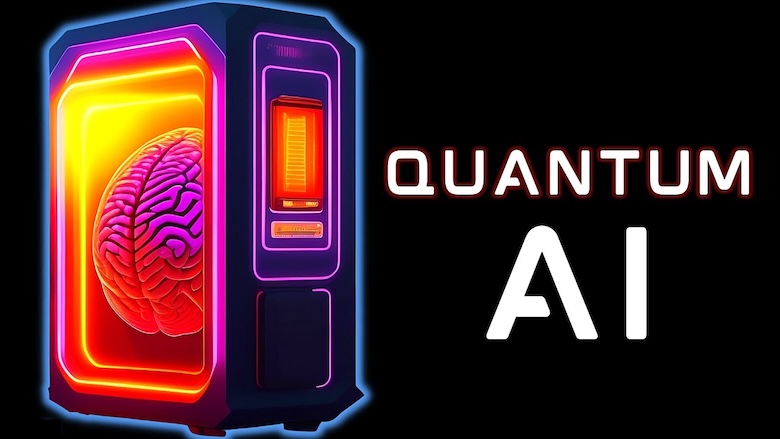
Quantum computing and classical computing diverge in several fundamental aspects:
Data Units:
- Classical Computing: The primary data unit is the bit, which can signify either a 0 or a 1.
- Quantum Computing: Qubits are employed as data units, capable of representing both 0 and 1 concurrently due to superposition.
Processing Power:
- Classical Computing: The power escalates in a linear fashion with the count of transistors, based on Boolean logic and algebra.
- Quantum Computing: Thanks to superposition, the power surges exponentially with the quantity of qubits, facilitating more intricate computations.
Operational Conditions:
- Classical Computing: It’s apt for regular use under standard conditions.
- Quantum Computing: Cold operating environments are necessary because of qubits’ susceptibility to mechanical and thermal disturbances.
To sum up, quantum computing manipulates information distinctively using qubits that can coexist in multiple states at once. This results in an exponential growth in computational power when contrasted with classical computing.


